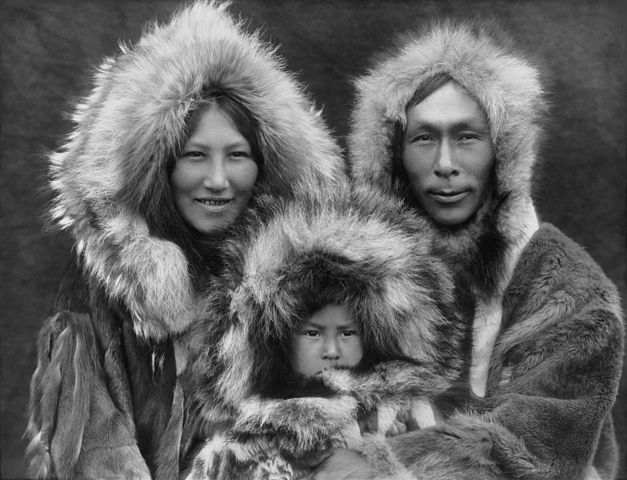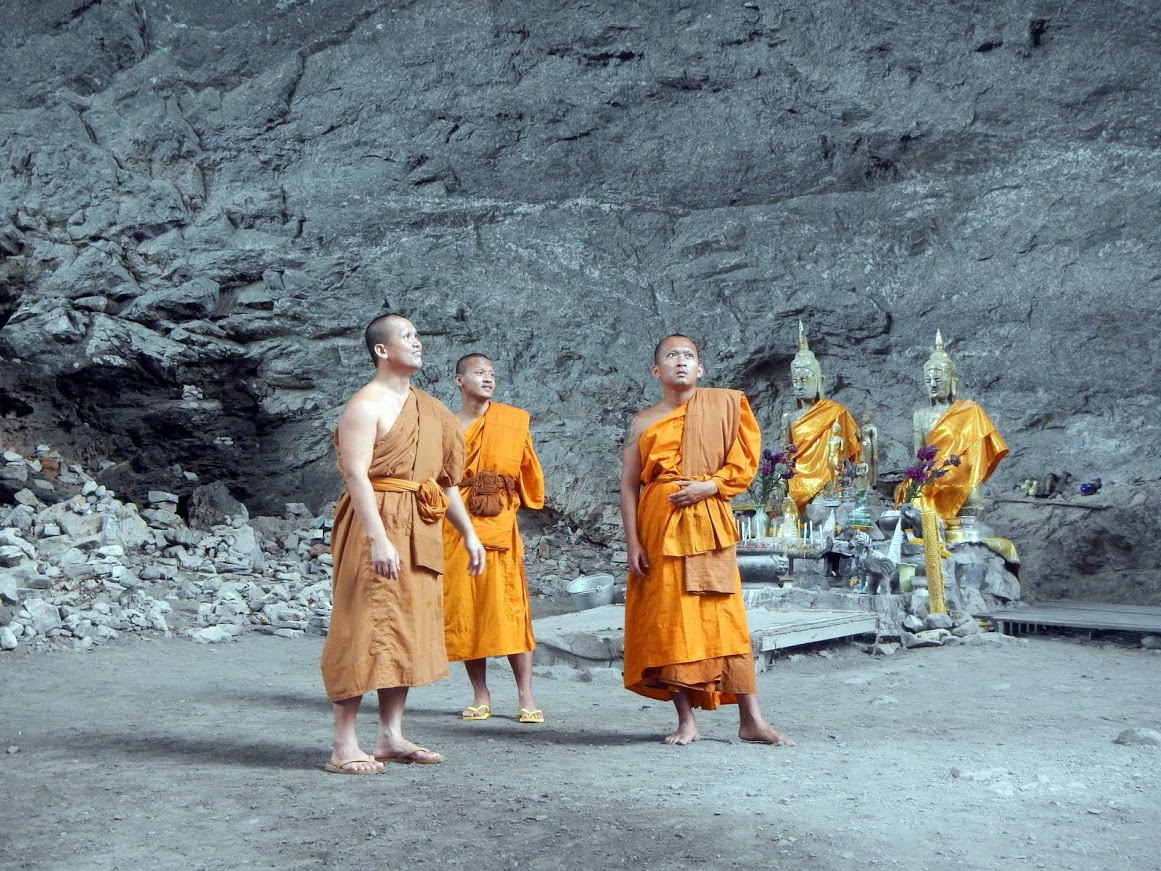To be a Stranger in a Strange Land
The notion that it’s a small world is just that, a notion. It is a large world, and one that differs greatly from place to place. Of course, though, modern technology has tightened things up. We can go to Google Earth and visit any little corner of any town in any country that strikes our fancy whenever we want. We watch videos of celebrations that were once unknown or even forbidden to those outside of the culture. We can have ‘friends’ the world over and speak with them through translation apps that make us all feel a little closer. Out on the road though, in that other place you may find you are still very much a stranger in a strange land.
In modern multi-culturally sensitive English we are loath to simply label a person as other, as a stranger, or foreigner. Striving to identify a person’s nationality, or culture, or gender identity is to respect them as a person, not eschew them as a thing. This is not the case everywhere though. In more homogeneous countries nationals openly use words to single out outsiders.
Photo via Public Domain Pictures
Otherness
Historically this goes back to the days of early exploration when cultures were making first contact with each other. When Christopher Columbus met his first Arawak he called them Indians as he was thousands of miles off course. Most stories we know of first contact come from Europeans arriving in other lands.
Most people outside of Europe at the time considered themselves to be alone in the world (‘Inuit’ means ‘the people’ and Hawaiian Islanders referred to themselves as Kanaka Maoli or ‘original people’). So when they found white men floating up to their beaches they generally labeled them either ghosts or emissaries of the gods who had come across the seas, possibly from the moon. In Swahili, the word for Caucasian is Mzungu, related to spirit or ghost. In Fiji the word was Kai Valagi, meaning ‘from the sky’. From the European’s viewpoint, first encountered natives were generally labeled savages and thought little else of.
Learning a language? Check out our free placement test to see how your level measures up!
“The stranger, if he not be a trader, is an enemy” is an old English proverb. This was generally true for most of the world and the words for foreigners reflect that. In Arabic it is Ajnabi, a person to avoid; barbarian or stranger from the West. In Mexico, one theory behind the word Gringo is derived from the old Spanish word for a Greek but meant a person who speaks gibberish.

Photo via Wikipedia
The words for foreigner in Japan, China, and Korea are related to one another and all break down essentially as ‘outside person’. In Korean the word is Waygookin, perhaps the basis for the derogatory English slang word gook for Asians. In China Wei guo ren, means from another country but yanguize or ‘foreign devil’ is also widely used. In Japan, Gaijin, or ‘other person’, is so widely used it can be found posted in places where foreigners must be accompanied by a national to enter.
Frankly put
All throughout Asia, the Middle East, and even parts of Africa derivations of the word Farang are used for foreigners. Farang, in Thailand. Barang in Cambodia, firringhi in india, ferangi in Iran; it is used in Ethiopia and at one point historically even on the European coast of the Mediterranean. The word comes from the Franks, a Germanic tribe that once controlled Central Europe and from which the word ‘French’ originates. It spread in the twelfth century during the Crusades when Europeans were plundering and killing throughout the Middle East, Southeast Asia, and East Africa in the name of God. A ‘Frank’ was any westerner.
As a Thai expat myself, I’m all too familiar with the term Farang. Being resident in a relatively small city, I’ve had cars stop and put down all the windows so that passengers could point and yell farang at me as I waited for a light to change. People who have known me for ten years still refer to me as farang. It is so widely used in Thailand that most nationals can’t tell you the proper term for foreigner (Chawn Tan Chat). As farang refers specifically to Westerners, foreigners who aren’t from the west often throw a spanner in the works.
Being a stranger in a strange land is to be other. To exist outside of the culture and often outside of the language. The sense that a foreigner is intrinsically dangerous, sick, or evil in general may no longer be the norm, but we are still a long way from living in a small world.




